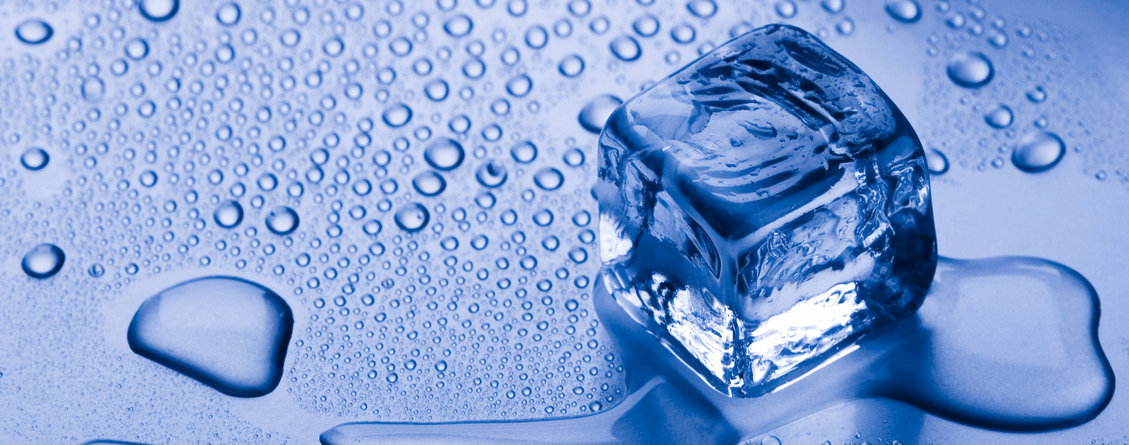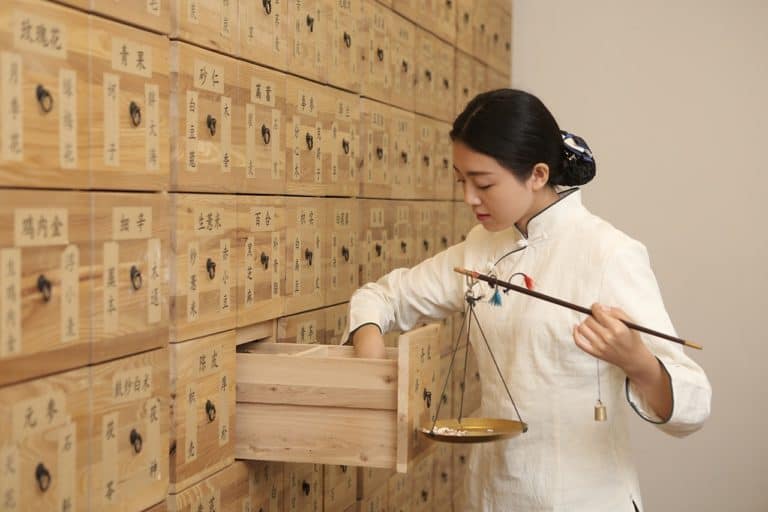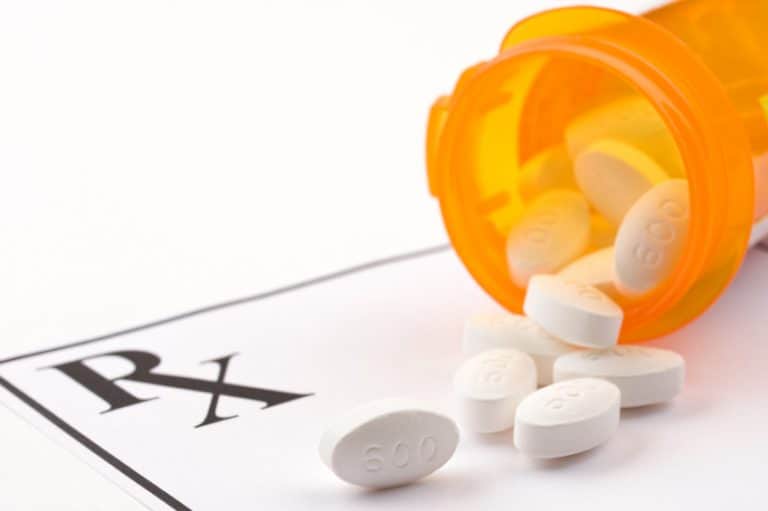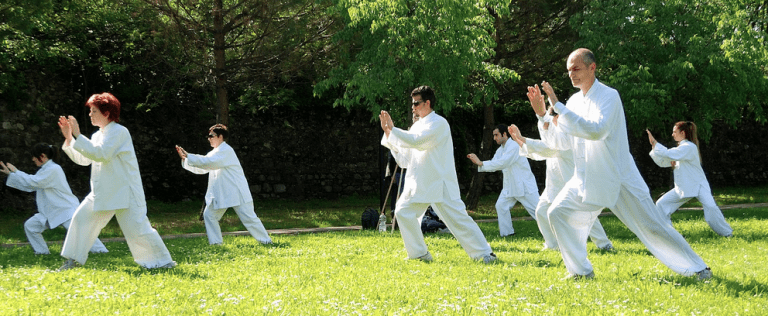Ice packs can help reduce inflammation and pain associated with chronic prostatitis/chronic pelvic pain syndrome (CP/CPPS). They provide an affordable, alternative, drug-free treatment that patients can do at home simply by placing a small ice pack on the perineal area between the scrotum and anus.
Ice Packs for Prostatitis and Other Alternative Treatments
Some men find further cooling relief by placing a small ice cube in their rectum. Other men alternate heat and cold by alternating hot soaks with cold soaks to increase circulation and reduce inflammation. The results are vary per patient, so may need to try a couple of different approaches to see what works best at relieving your pain.
If you have tried using ice packs for prostatitis, but have not found relief, you might try using heat instead. Many men find pain relief from using heat both at home or with medical procedures involving heat. Home therapies that involve heat include placing hot-water bottles on the perineal area and taking sitz baths.
There are more involved heat treatments you can talk to your doctor about such as water-induced thermotherapy. More invasive heat therapies (also called hyperthermia) include transurethral microwave hyperthermia and transurethral microwave thermotherapy (TUMT). These last two therapies are more invasive and are considered a last resort treatment after other treatments have failed.
No matter which treatment path you take, keep in mind that you can employ many different natural and alternative treatments to help you treat CP/CPPS and find relief. Most men do find that they need to try a lot of therapies by following a multimodal and holistic approach before they experience full relief of their symptoms.
Taking a whole body approach to managing CP/CPPS helps to address the many causes of chronic prostatitis that originate from problems elsewhere in the body and outside of the prostate itself. About half of all CP/CPPS cases result from tension in the pelvic floor muscles and can even stem from a number of problems including but not limited to:
- stress and emotional health problems,
- pelvic floor disorders,
- chronic tension disorders, and
- inflammation from other places in the body,
- immune disorders,
- allergies, and
- food intolerances.
That is why a well-rounded holistic approach to diagnosing and treating CP/CPPS can help reduce inflammation and work to eliminate the cause of the pain.







